It was never supposed to be like this, admits Glasgow International Director Richard Parry in his audio introduction to the festival’s digital programme, which is currently hosted on the Glasgow International website. Sixty exhibitions were planned in galleries and event spaces across the city. They were set to include works by 160 artists, all responding to the festival’s theme of ‘Attention’: ‘how, where, and in whom our attention is placed at a time of seemingly constant distraction’. The question has a renewed relevance in light of the Covid-19 crisis, Parry observes. But then again, because of it, everything has been postponed.
Glasgow International will be restaged, in the form originally planned, next year. In the meantime, Parry’s team has released the free digital programme, compromising audio and video works from seven artists previously set to exhibit in the festival, who themselves have had to adapt to make art under lockdown. The result is a series of works – some entirely new, some revisited and re-worked – that reflect on solitude, sickness, and the politics of the NHS.
Barbadian-Scottish artist Alberta Whittle presents a new working iteration of her film, business as usual: hostile environment (2020). Originally an exploration of the Windrush scandal, the film has been updated, the opening title card notes, to include ‘the horrors of Covid-19 overshadowing the everyday’. But while Covid-19 may be an exceptional crisis, the inequalities it has exposed are not. In her film, Whittle identifies the racial politics of the pandemic – exemplified by the disproportionate number of BAME deaths – and places it in a longer lineage of the UK’s history.

business as usual: hostile environment (still; 2020), Alberta Whittle. Courtesy the artist
A video game-like simulation of a multicultural NHS staff room is set against audio of a newscaster observing that recent immigration laws may force 3,300 nurses to leave the country; then, a cut to footage of protests against chartered deportation flights from February this year. Acute anger at institutional failures simmers through the film – it closes with a call for ‘#properPPE’ – but it also doubles as a celebratory ode to Britain’s black communities, as Whittle mixes in archival and recent footage from dance clubs, festivals, and ballroom contests. Business as usual, she writes ‘is an offering and a gesture towards remaining soft in spite of the overwhelming hostile environment’.
The difficulty of solitude, and the pleasures of dance, are explored in Jenkin van Zyl’s In Vitro (all the love mix) (2020), a short three-channel video which remixes bonus footage from a 40-minute film In Vitro, originally slated to premiere at the festival this year. In Van Zyl’s remix, three ghoulish figures emerge out of a grey underground tunnel to find themselves in a desolate snowy panorama. They split up. One moves jerkily to classical music; another valiantly climbs icy rock. With sweeping shots from on high, and despite its brevity, the film’s tone is operatic, almost epic (‘space ballet??’ I wrote in my notebook). That even momentous encounters can occur alone animates Urara Tsuchiya’s Give Us a Meow (2019; shot by Ben Toms). In the nine-minute film, which had its premiere at Frieze Art Fair last year, the Glasgow-based artist breaks into a remote countryside cottage, changes into a series of colourful animal-print costumes and pastel furry gowns, and dances to an overlaid percussive beat.
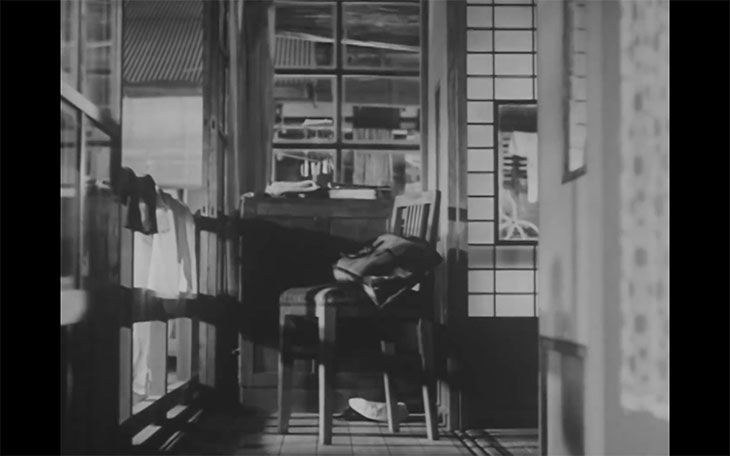
Everything Flows – distance (still; 2020), Yuko Mohri. Courtesy the artist
The slow, meditative nature of Yuko Mohri’s Everything Flows – distance (2020) and Sarah Forrest’s The Unreliable Narrator (2019) means that these the two short films are perhaps the most direct interpretations of the festival’s theme of attention. In Everything Flows, a new work produced for the digital programme, Mohri strips Japanese auteur Yasujirō Ozu’s beloved Tokyo Story – a film itself about the failure to attend to people as they are – of sound, and all scenes featuring people. The resultant eight-minute video shows a series of short cuts of interiors and exteriors: slippers left unattended outside a room; billowing smoke from factory chimneys, all in absolute silence.
The Unreliable Narrator takes a close-up look at a magician’s hands as he moves around – and seemingly disappears – a large coin, and performs a series of card tricks. While programme notes observe that viewers at home can rewind, pause, and replay the video at will to discover the sleight of hand behind the magic, I was less interested in demystification. Rather, I was soothed by the rhythmic ASMR-like pleasures of seeing skilful hands reshuffle cards and flip decks, like clockwork. As reported by many others, living in a pandemic-stricken world can create a hyperstimulated brain. I was more entertained by Unreliable Narrator’s call to offer it my prolonged attention than the invitation to mine its card manipulation secrets.
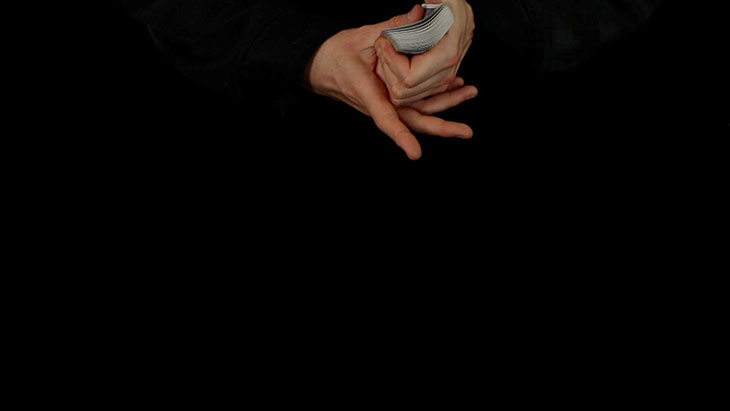
Unreliable Narrator (2019), Sarah Forrest. Courtesy the artist
The final two works of the programme are sound-based. Georgina Starr re-exhibits Yesterday (1991), in which she whistles the Beatles hit to nostalgic effect; Liv Fontaine’s new work, Some People Say (2020), blends audio from her live performances with a monologue in which her alter ego, tired of sexism, narrates her eventual transmogrification into a lizard. ‘I’ve never been richer,’ she says with delight, celebrating her shift from being the object of constant sexualisation to a spiky inaccessible cage.
Fontaine’s commentary on the body rounds up a programme that explores the many sides of human physicality: its slipperiness (The Unreliable Narrator); its absence (Everything Flows – distance), and its ambivalent beauty (In Vitro and Give Us a Meow). And then, of course, there’s hostile environment, reminding us that throughout history, some bodies have been accorded greater legitimacy and care than others. And as the crisis-struck world hardens around us, Whittle observes, there’s a beauty to be found in wilfully remaining soft – and human. Paying attention may help us get there.
The Glasgow International digital programme is available until 10 May.
Unlimited access from just $16 every 3 months
Subscribe to get unlimited and exclusive access to the top art stories, interviews and exhibition reviews.


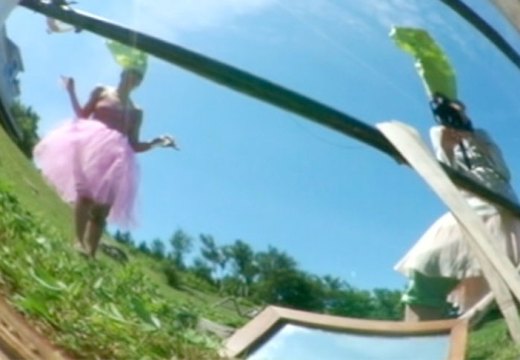
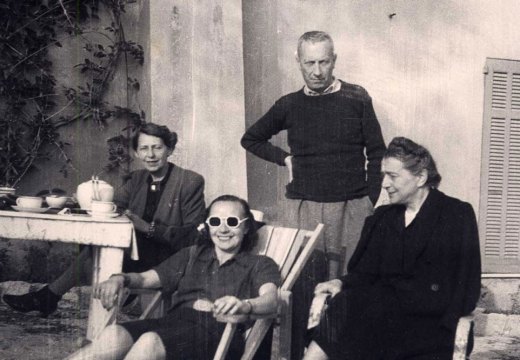
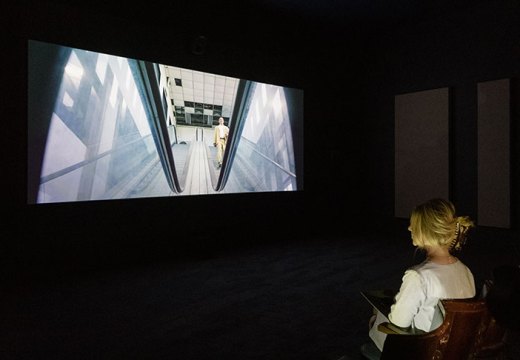
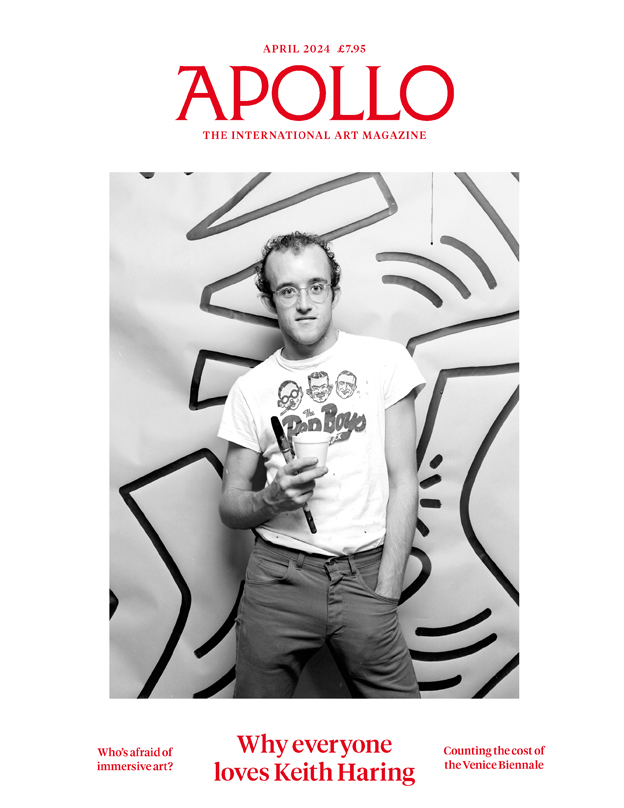
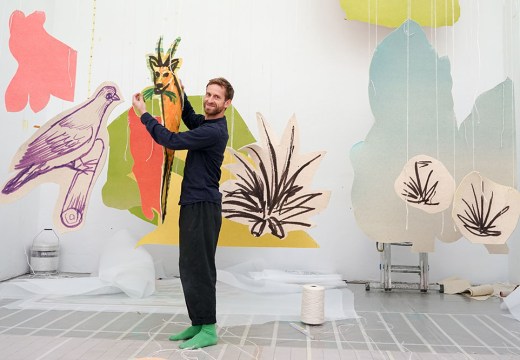
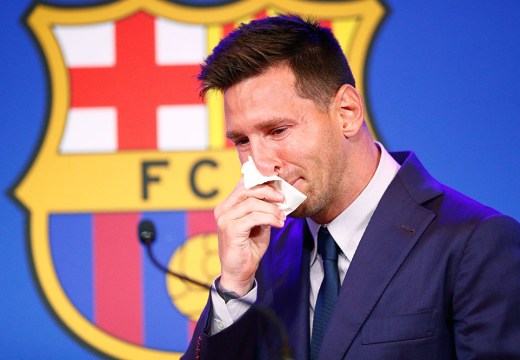
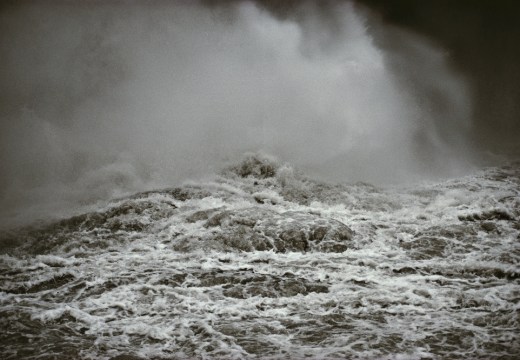
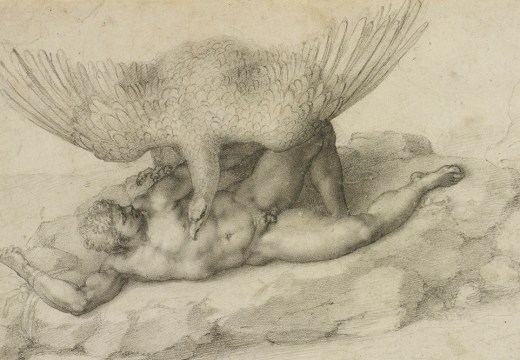
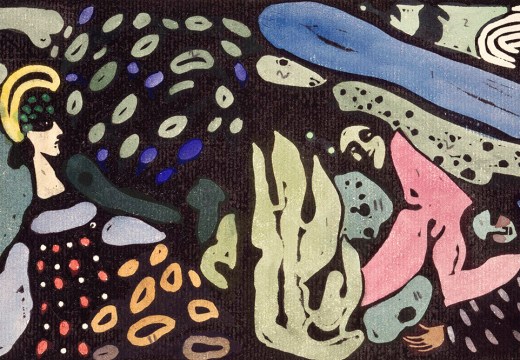
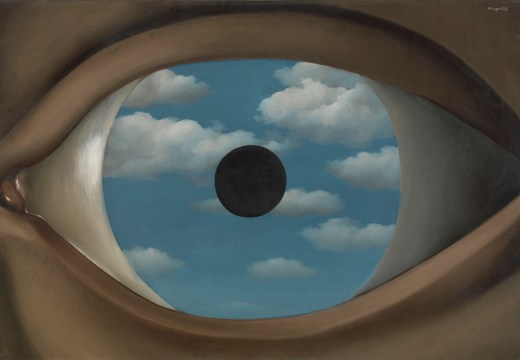

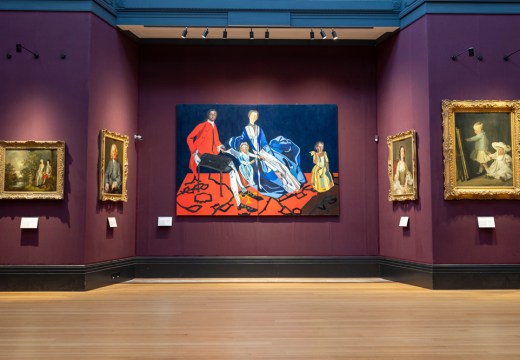
![Masterpiece [Re]discovery 2022. Photo: Ben Fisher Photography, courtesy of Masterpiece London](http://www.apollo-magazine.com/wp-content/uploads/2022/07/MPL2022_4263.jpg)
Has the Fitzwilliam lost the hang of things?